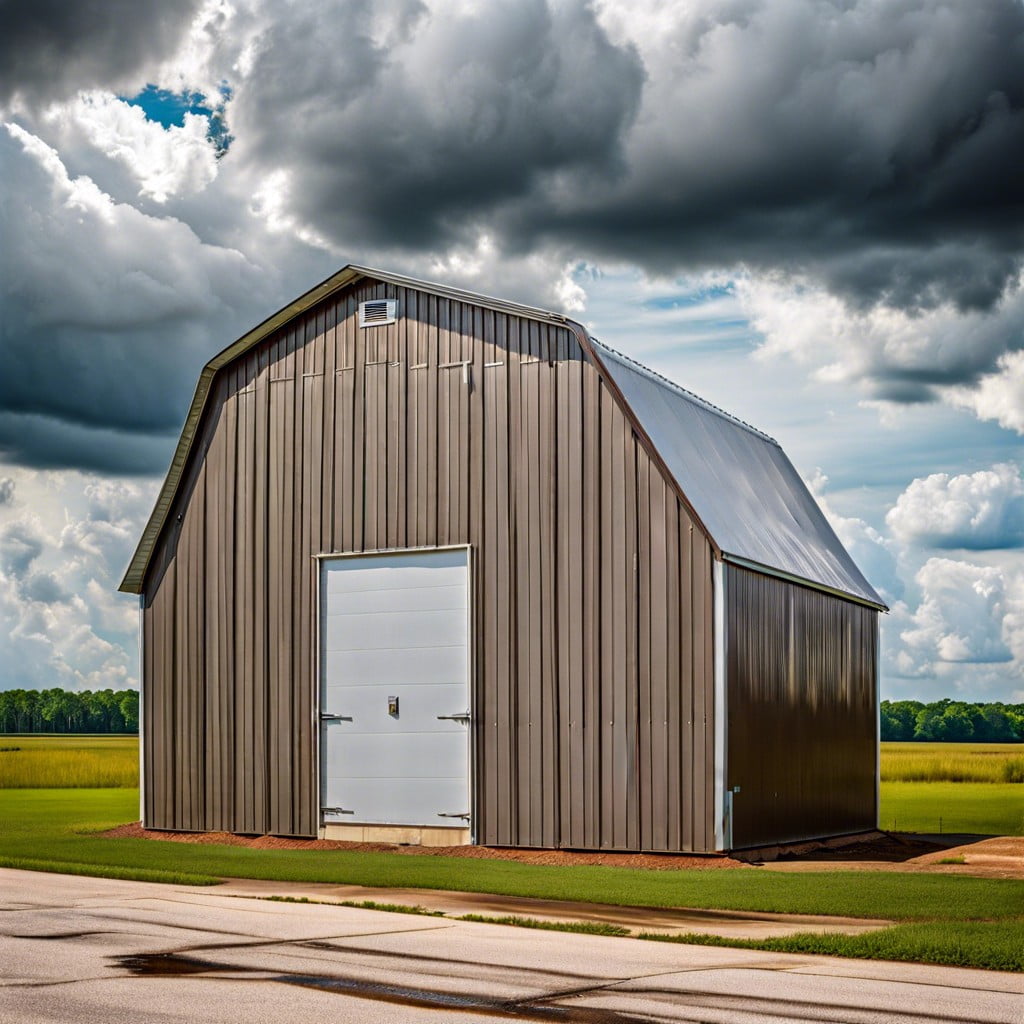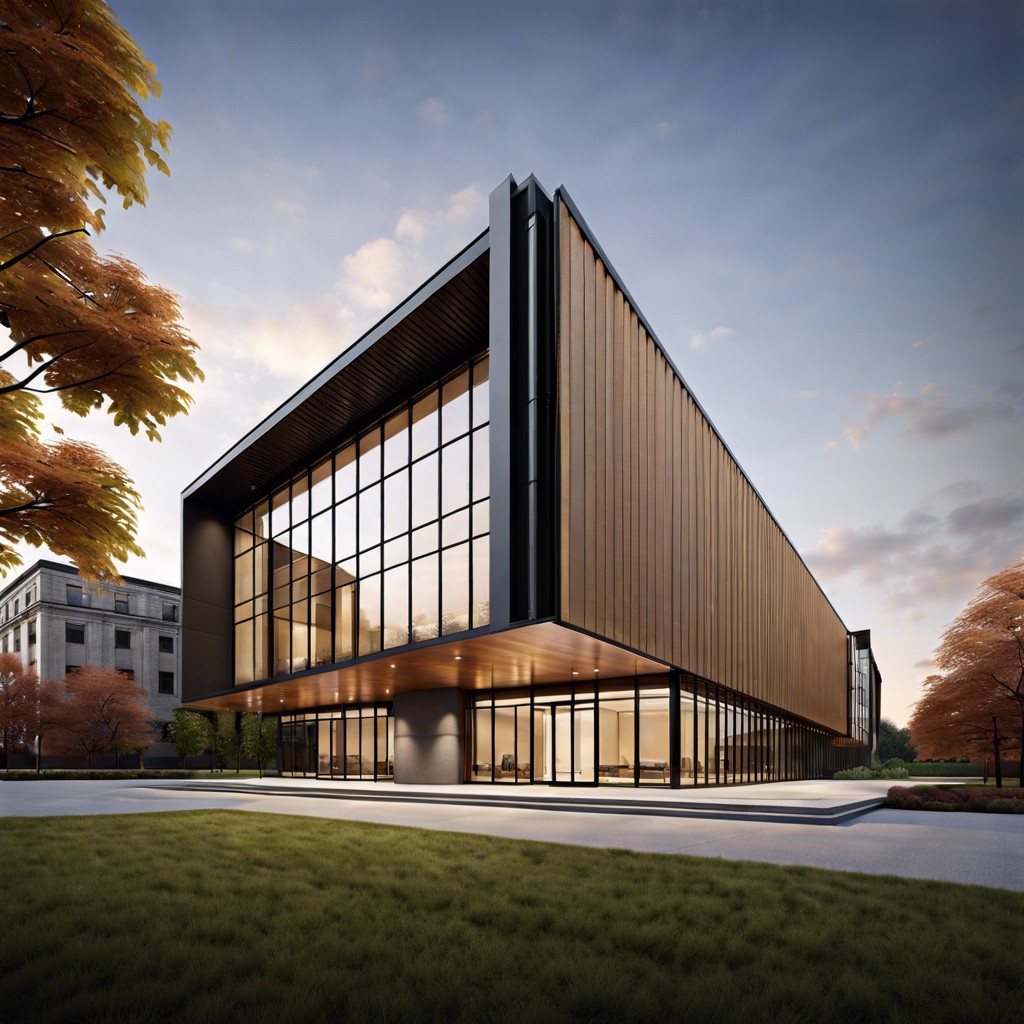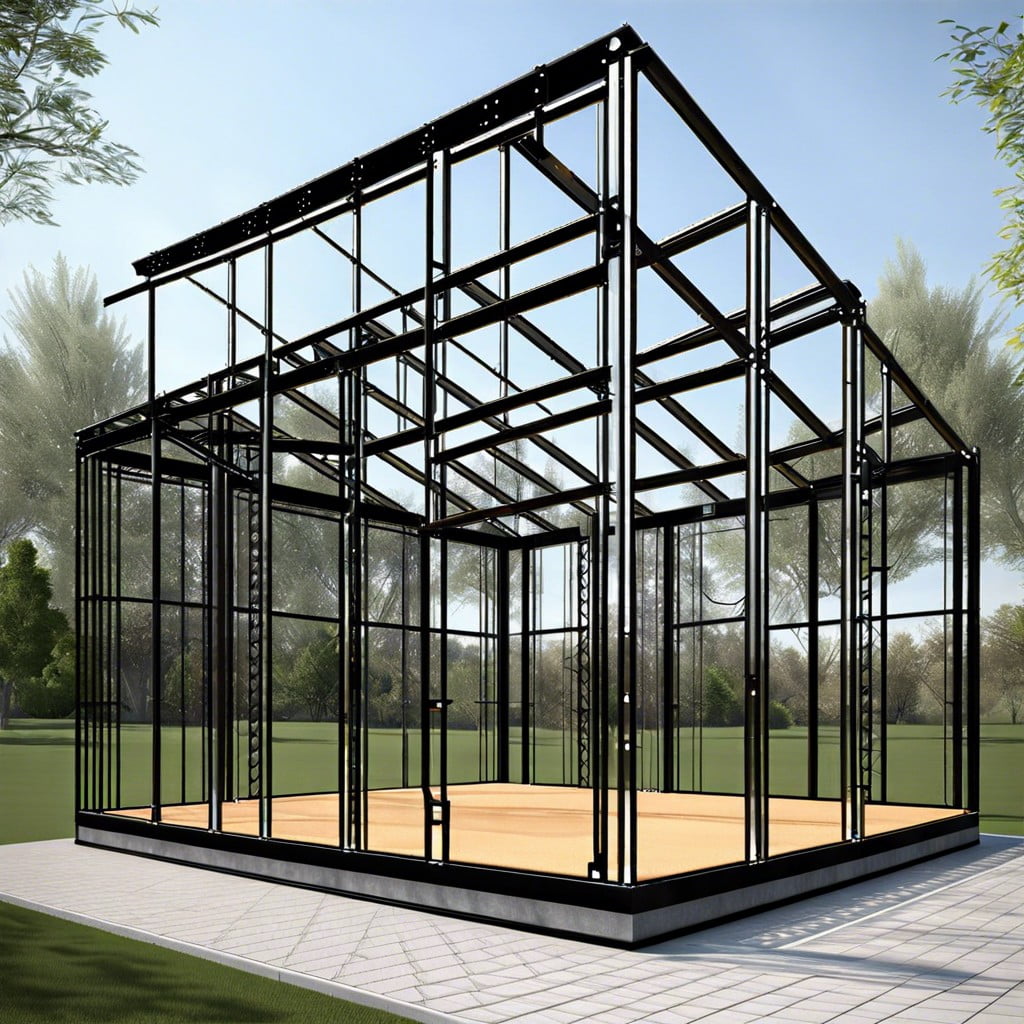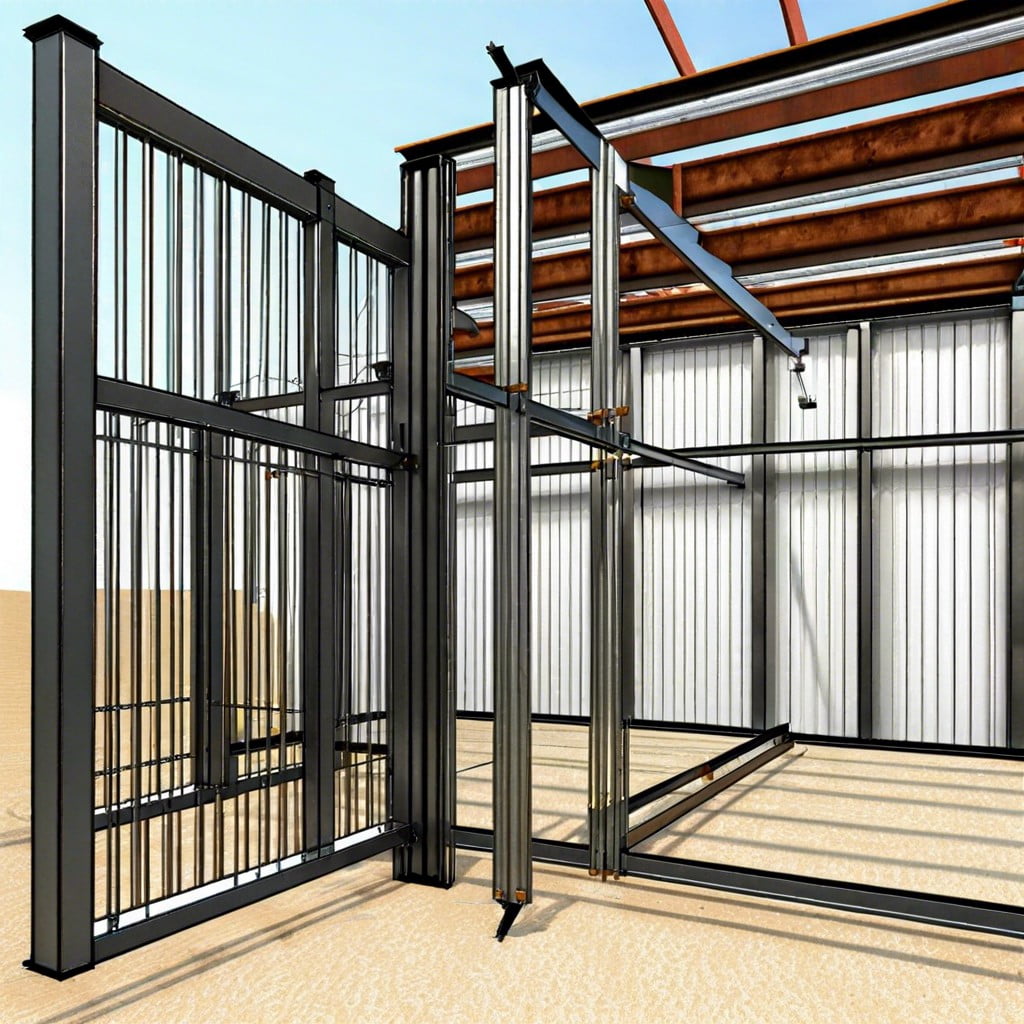This article provides insights into the practicalities, benefits, and considerations of metal building construction in Mississippi.
Key takeaways:
- Proper ventilation and insulation crucial for Mississippi’s climate.
- Metal buildings provide practical and adaptable solutions for agriculture.
- Metal buildings offer disaster resistance features against severe weather.
- Metal structures must comply with building codes for safety and regulation.
- Regular maintenance is key to ensure the longevity of metal buildings.
Climate Considerations for Metal Buildings in Mississippi

Mississippi’s warm, humid climate demands attention to ventilation in metal structures. Proper airflow is crucial to prevent condensation, which can cause corrosion and weaken structural integrity. Insulation is another key factor that plays a pivotal role in regulating internal temperatures during those sweltering Southern summers, ensuring that your metal building remains cool and energy-efficient.
Equally important is the consideration for the state’s propensity for severe weather, including hurricanes and tornadoes. Metal buildings in Mississippi should be constructed with reinforced anchoring systems to withstand high winds. The material selection should favor heavy gauge steel for its superior strength-to-weight ratio, offering resilience against the brute force of nature.
Finally, don’t overlook the potential for rust due to Mississippi’s high humidity levels. A moisture-resistant coating on your metal panels can work wonders, providing long-lasting protection and maintaining the aesthetic appeal of your structure.
With these points checked off your list, your metal building is set to stand firm under the magnolia state’s skies, come rain or shine.
Metal Building Applications in MS Agriculture
Mississippi’s agricultural landscape is as diverse as the crops that spring from its fertile soil. Metal buildings have become invaluable assets to farmers and ranchers across the state. Whether storing cotton, rice, or soybeans, these structures provide a safe haven from the unpredictable southern weather.
Consider a barn raising but with a modern twist; that’s what’s happening on many Mississippi farms. Sturdy steel barns protect livestock from heat and storms, while metal sheds serve as dependable storage for tractors and tools. Picture wide clear-span interiors offering ample space for machinery maneuvering—no need to dodge supporting columns during the busy harvest.
Grain storage demands particular attention, and here’s where metal buildings shine. They keep moisture out and freshness in, safeguarding the year’s hard work. With custom ventilation systems, these structures are like fortresses, keeping pests at bay and produce in prime condition.
Furthermore, these metal constructions are not just functional but adaptable. As farm operations grow, building extensions can match pace without breaking the bank or disrupting daily work. A nod to their economic efficiency, they aid in keeping the farm’s lifeblood pumping strong season after season.
In short, the role of metal buildings in Mississippi’s agriculture is akin to a trusty farmhand: always reliable, ready to adapt, and an integral part of the operation’s success.
Disaster Resistance Features for MS Metal Buildings
In the Magnolia State, weather can throw a curveball faster than you can say “hurricane season.” This is where the sturdiness of metal buildings truly shines. They stand firm against fierce winds, thanks to their reinforced anchoring systems that grip the ground like a cat to a favorite blanket.
Floods also have Mississippians nodding to the reliability of steel constructions. The elevated foundations and corrosion-resistant materials of these structures keep them drier than a humorist’s wit in swampy conditions.
Moreover, due to the non-combustible nature of steel, these buildings offer a sigh of relief during wild summer brush fires. The flames might lick, but they don’t bite.
Let’s not forget about the pesky termites that can turn wooden structures into an all-you-can-eat buffet. Metal buildings, on the other hand, are as unappetizing to these critters as day-old gumbo.
Finally, you can count on these metal guardians to hold their own during earthquakes. With flexible framing engineered for seismic activity, they bend without breaking, much like Mississippians themselves.
Compliance With Mississippi Building Codes
Staying aligned with local regulations is a game of precision — think of it as a set of rules for a puzzle that, when solved correctly, results in smooth construction and safe occupation. In Mississippi, metal structures must comply with the International Building Code (IBC) as well as any regional codes specific to the area in which they’re built.
For starters, wind load requirements can’t be overlooked; due to the state’s susceptibility to strong winds, especially during hurricane season, buildings need to be engineered to withstand significant force. This means a structural evaluation to ensure that your metal building won’t fold like a deck of cards when the weather throws a curveball.
Then there’s the thermal code compliance — the Magnolia State can be as unpredictable in temperature as a chameleon in a bag of Skittles. Adequate insulation and energy-efficient features are crucial to prevent your pocket from taking a hit from high energy bills and to keep the interior climate controlled.
Lastly, don’t let ADA compliance slip through the cracks. Accessibility is key, and your building should be as welcoming as a Southern grandma’s hug. This includes proper door widths, ramp access, and restroom accommodations that meet the Americans with Disabilities Act standards.
Remember, the devil is in the details. Liaise with your local building department and a knowledgeable contractor to make sure your metal building checks all the right boxes and avoids any pesky compliance issues. After all, nobody wants their construction project to play out like a country song filled with heartache and trouble.
Maintenance Tips for Metal Buildings in Mississippi
Regular upkeep ensures a metal structure’s longevity and performance. Mississippi’s weather, swinging from sweltering summers to stormy seasons, demands a diligent approach to maintenance. Here are some tips to keep your building in tip-top shape:
First, prioritize cleanliness. Wash metal panels with soapy water semi-annually to prevent dirt build-up and corrosion. For those hard-to-reach spots, consider a long-handled brush – it works wonders.
Don’t let minor issues become major headaches. Inspect for scratches or dents regularly, especially after severe weather events. Applying touch-up paint can prevent rust and keep the exterior looking sharp.
Roof maintenance can’t be overlooked. Debris like leaves and branches should be cleared to stop water pooling. Check the gutters too; they should be free of obstruction to guarantee proper drainage.
Inside, pay attention to the HVAC system. Changing filters and scheduling routine check-ups maintain ambient temperatures, keeping humidity and condensation at bay – enemies of metal.
Lastly, give the foundation some TLC. Ensure the building’s base remains free from standing water to avoid rust and structural concerns. A dry foundation is a happy foundation.
A stitch in time saves nine, and with metal buildings, small steps can avert big problems. Keep these pointers in mind and your Mississippi metal building will serve you well, come rain or shine.
Recap




